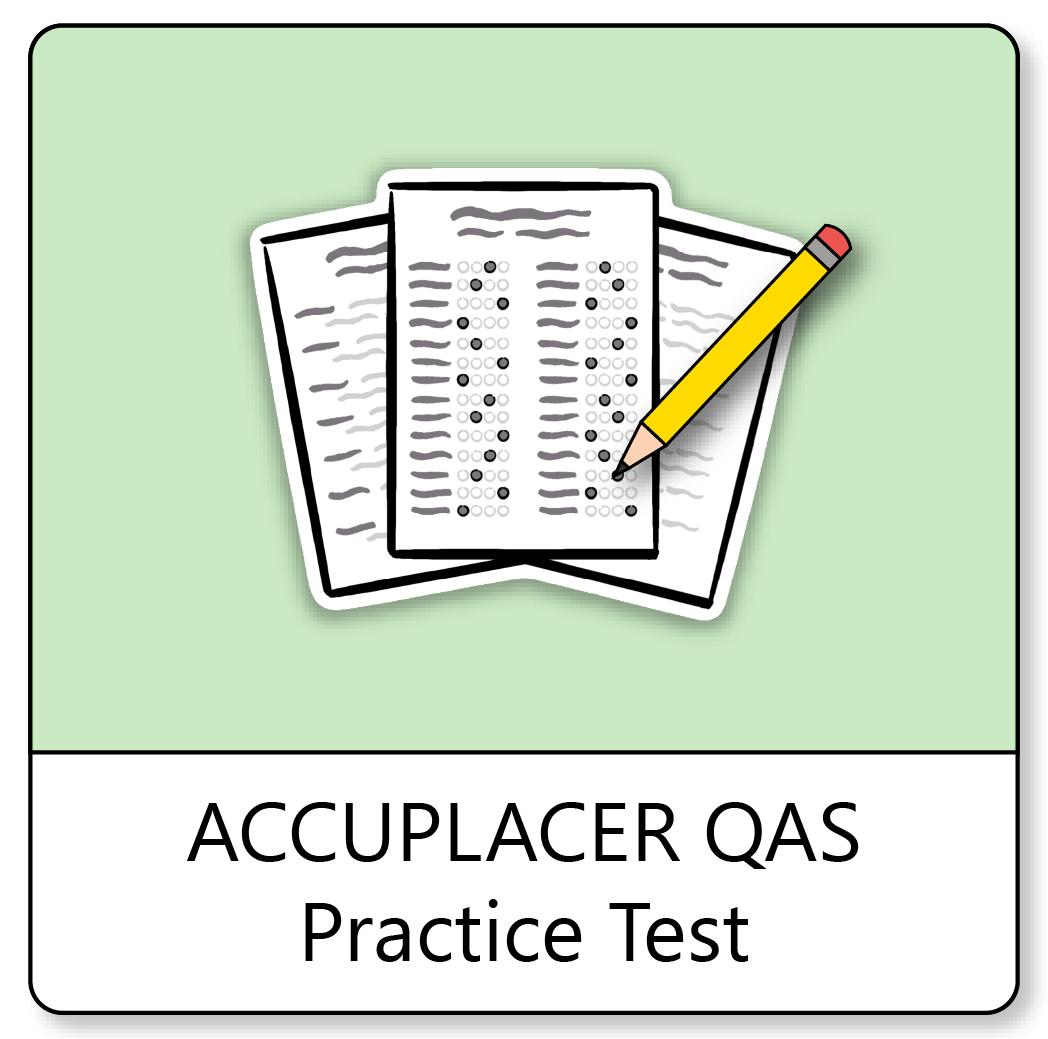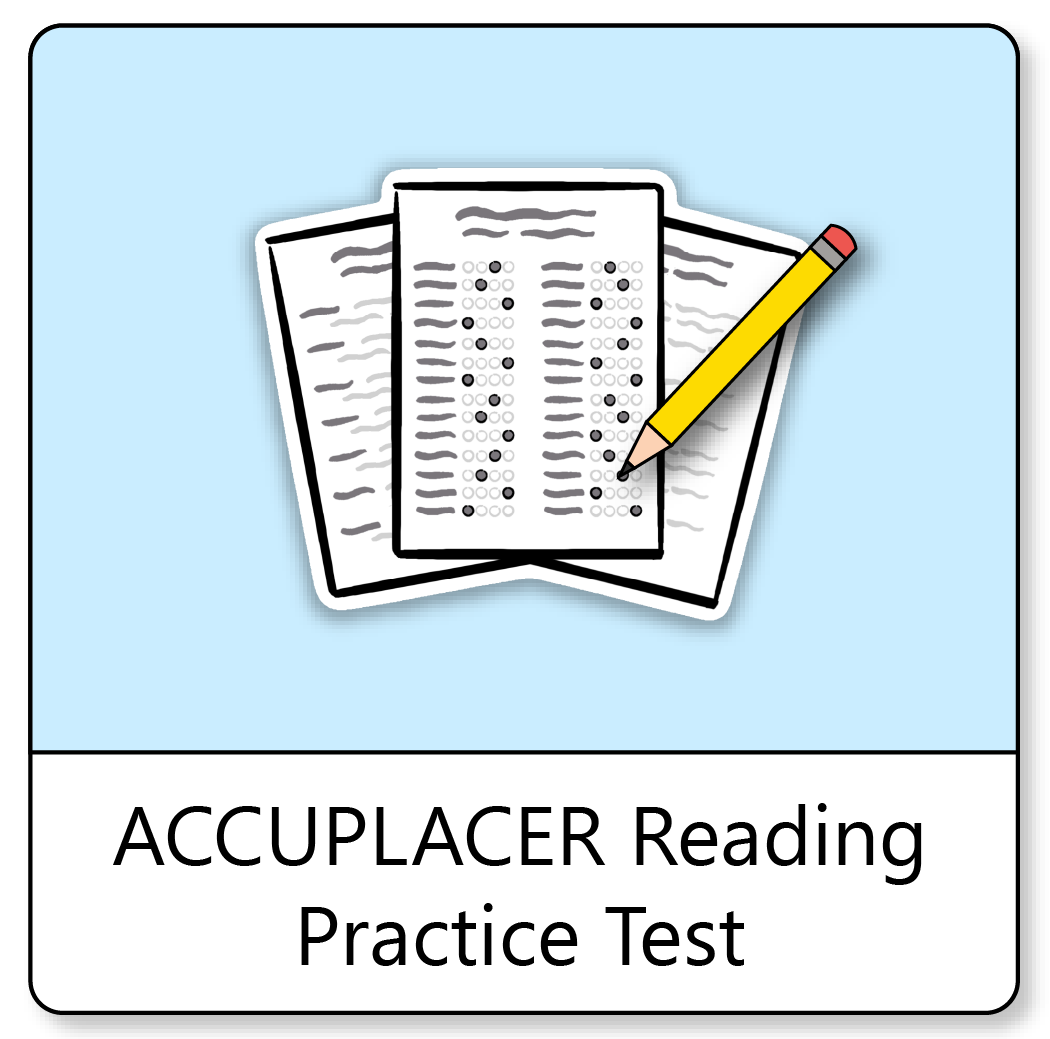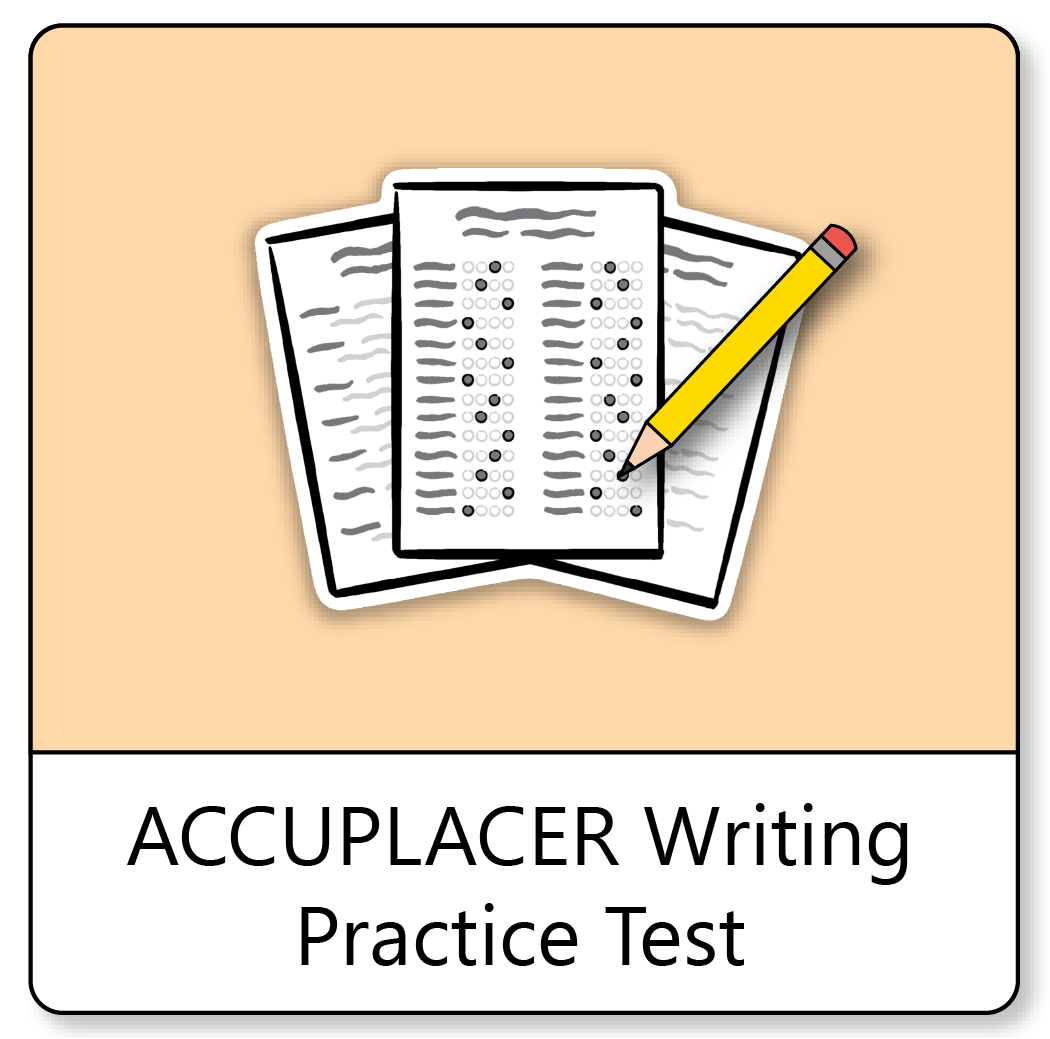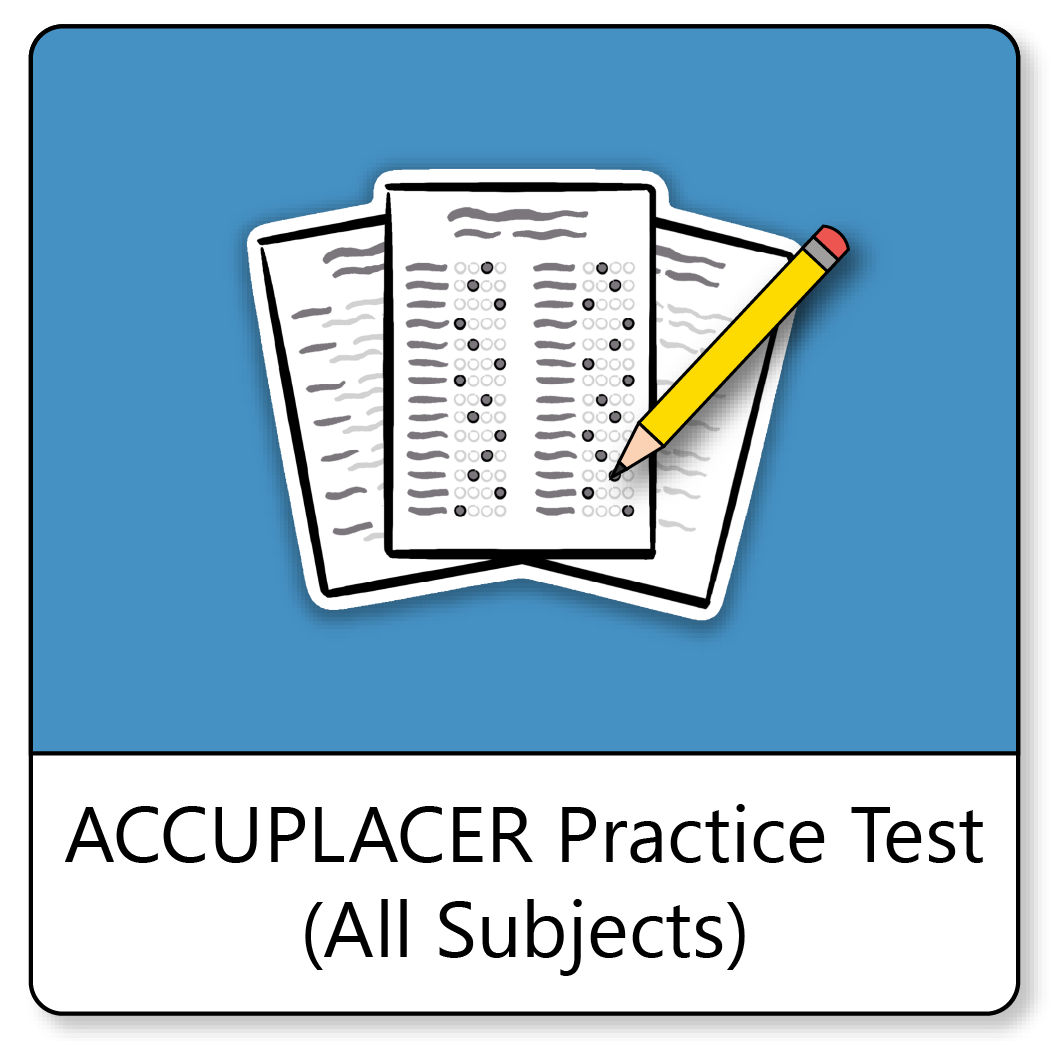If you need help studying for the ACCUPLACER® Arithmetic test or just want some more information about what the test is like, you’ve come to the right place.
Click below to take a free ACCUPLACER Arithmetic practice test!
What’s on the Arithmetic Test?
The 20 questions on this test cover the following topics:
- Whole Number Operations
- Fraction Operations
- Decimal Operations
- Percent
- Number Comparisons and Equivalents
ACCUPLACER Practice Tests
Subject-Specific Practice Tests
If you need some extra practice in a specific subject, click one of the subjects below to get started on a subject-specific ACCUPLACER practice test.
Full Practice Test
If you’d like to test your full range of knowledge, click below to take a full ACCUPLACER practice test that includes every subject:
Online ACCUPLACER Test Prep Course
If you want to be fully prepared, Mometrix offers an online ACCUPLACER prep course. The course is designed to provide you with any and every resource you might want while studying. The ACCUPLACER course includes:
The ACCUPLACER prep course is designed to help any learner get everything they need to prepare for their ACCUPLACER exam. Click below to check it out!
ACCUPLACER® is a trademark registered by the College Board, which is not affiliated with, and does not endorse, the information on this page.



 ACCUPLACER Online Course
ACCUPLACER Online Course ACCUPLACER Study Guide
ACCUPLACER Study Guide ACCUPLACER Flashcards
ACCUPLACER Flashcards





